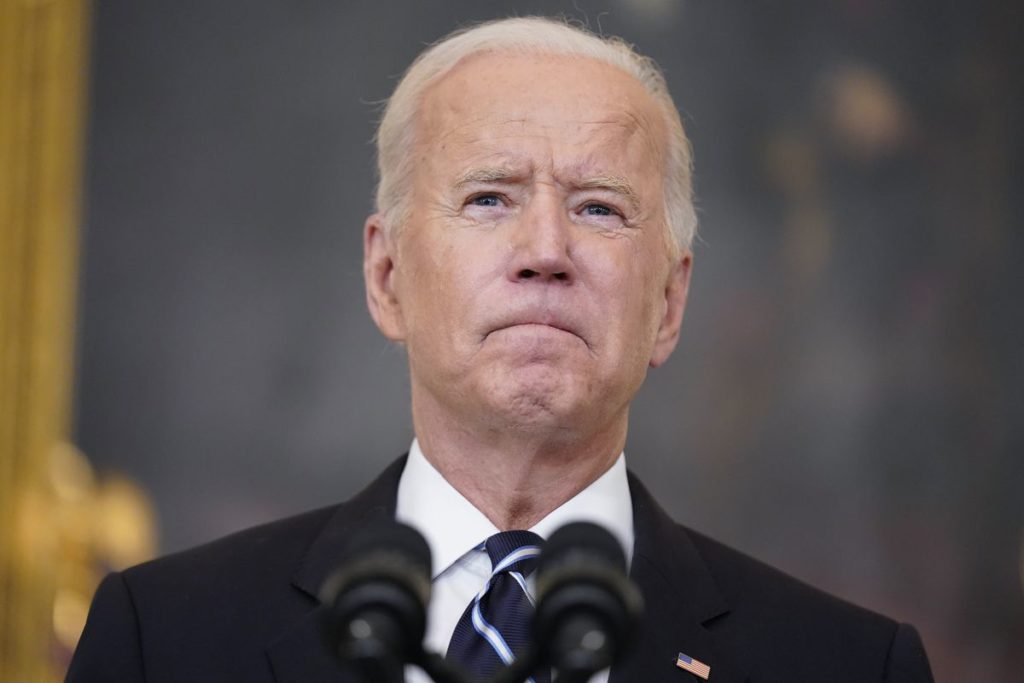The coronavirus pandemic has had an undeniable impact on almost every facet of life, both in the country and around the globe. The good news is – things are changing for the better, with the COVID-19 vaccine promising to restore some semblance of normalcy in everyday life.
As great as that prospect may be, many people are still skeptical about the long-term effects the vaccine may have on their health and wellbeing. As a result, not everyone is eager to jump on the bandwagon.
The real question is – Can your employer require a COVID vaccine before you return to the workplace? Can they terminate you if you don’t get the shot? Here’s what you need to know.
Will the COVID Vaccine Be Mandatory
The answer to this isn’t as straightforward as you might expect; however, the matter does have prior precedent.
At the turn of the 20th century, smallpox killed nearly 300 million people. Three out of ten people who contracted smallpox died as a result of the virus.
In Cambridge, MA, a smallpox panic forced the closure of schools, libraries, and churches in scenes that would have resembled lockdowns imposed by COVID-19 nearly 120 years later. This spurred public health officials in the city and its neighbors to introduce a mandatory vaccination against smallpox. In fact, a five-dollar fine was imposed on citizens who refused to be vaccinated. The move was challenged at the state’s Supreme Court in the 1905 case, Jacobson v. Massachusetts.
Jacobson v. Massachusetts
In the 1905 Supreme Court ruling, the Court ruled that mandatory vaccination in the state did not violate the first amendment.
While acknowledging the personal freedom of U.S citizens, Judge Justice John Marshall Harlan said in an opinion at the time that “the rights of the individual in respect of his liberty may at times, under the pressure of great dangers, be subjected to such restraint, to be enforced by reasonable regulations, as the safety of the general public may demand.”
Based on prior precedent, it is possible for local, state, and other applicable laws to mandate vaccination. Compulsory jabs cannot, therefore, be ruled out entirely, but it has never been challenged at the federal level.
New COVID-19 Mandate
On September 9, 2021, President Biden made an announcement for sweeping new federal vaccine mandates, leveraging federal regulatory agencies and powers to enforce the new requirements.

Here are three of the most controversial mandates included in the recent announcement that address vaccinating the unvaccinated:
1. OSHA: Large employers (100+ employees) mandate
The new COVID mandate requires that all businesses with more than 100 employees must require their workers to be inoculated or face weekly COVID-19 testing before coming to work — reflecting measures already in place in New York and California.
These measures will be enforced through regulatory powers via the Department of Labor’s Occupational Safety and Health Administration (OSHA) who will issue an Emergency Temporary Standard (ETS) to implement this requirement. Under the ETS, these large employers will be required to provide paid time off for the time it takes for workers to get vaccinated or to recover if they are under the weather post-vaccination.
2. CMS: Healthcare facilities mandate
Also included in the newest mandate is that all health facilities that accept Medicare or Medicaid funding will be required to vaccinate their workforces, enforced by the Centers for Medicare & Medicaid Services (CMS).
This includes, but is not limited to: hospitals, dialysis facilities, ambulatory surgical settings, and home health agencies. This action applies to nursing home staff as well as staff in hospitals and other CMS-regulated settings, including clinical staff, individuals providing services under arrangements, volunteers, and staff who are not involved in direct patient, resident, or client care.
3. Executive Order: Mandatory vaccination for all federal workers
On September 9th, the president signed an executive order requiring all federal employees to get vaccinated against the coronavirus — without an alternative option to be regularly tested instead — in an effort to create a model he hopes state governments and private companies will adopt.
This new executive order dovetails off of Executive Order 13991 (Protecting the Federal Workforce and Requiring Mask-Wearing), issued on January 20, 2021 and will be enforced by the Safer Federal Workforce Task Force, established by E.O. 13991.
Will the vaccine be mandatory for small companies?

According to the updated guidelines released by the US Equal Employment Opportunity Commission (EEOC), companies can make it mandatory for employees to get vaccinated. The federal agency, whose role is to enforce workplace discrimination laws, gave the green light for employers to legally require or incentivize employees to get the shot.
The only condition was that they (the employers) provide “reasonable accommodations” for exempt employees. This should be done in line with the provisions of Title VII of the Civil Rights Act, the Americans with Disabilities Act (ADA), and other relevant federal laws.
The EEOC further stated that the requirements and incentives set out by employers cannot be “coercive.” However, the agency did not delve into detail to provide examples of what an illegal offer would look like.
So, bottom line, enforcing a vaccination requirement is up to the discretion of the employer; however, employers must adhere to all applicable laws.
Accommodating People With Disabilities
If you refuse to get vaccinated, your employer needs to evaluate the level of risk posed by your objection, particularly if they have made it a compulsory condition for you to continue working for them. Under the provisions of the anti discrimination law, an employer’s workplace policy can include a requirement that an employee working within the premises should not directly compromise the health or safety of other individuals within the workplace.
If the vaccination requirement appears to screen out a worker with a disability, the burden of proof rests with the employer. They have to show that the unvaccinated employee poses a “direct threat” resulting in a substantial risk of harm to their own health and safety, as well as that of the people they work with – despite making reasonable accommodations.
The guidance offered by the EEOC provides four factors that companies can use to evaluate the existence of a direct threat:
- What is the duration of the risk?
- What is the nature of the potential harm, and how severe is it?
- What is the probability of the potential harm occurring?
- Is the potential harm imminent?
Based on the answers to the above questions, if an employer finds that an unvaccinated employee poses a direct threat to the workplace environment, the company is required to make reasonable accommodations. This may involve allowing the worker to operate remotely or take a leave of absence.
Additionally, while looking at the viable options for “reasonable accommodations,” employers and employees alike also need to evaluate:
- The job functions of the employee
- The importance of the employee’s vaccination to the company operations
- The availability of an alternative job for the employee that would make their vaccination less critical
Religious Accommodation
This falls under the provisions of Title VII of the Civil Rights Act and requires an employer to provide reasonable accommodations to workers who hold certain religious beliefs, practices, or observances unless doing so would cause “undue hardship” on the business. The courts define “undue hardship” as accommodations that impose a higher-than-sustainable financial burden on the employer.
If you cannot get vaccinated due to a religious belief you hold, and there is no reasonable accommodation your employer can make for you, it is within their right to exclude you from physically entering the workplace.
Keep in mind that this doesn’t mean they can automatically terminate you. Your employer would need to establish whether your rights apply under local, state, or federal anti-discrimination laws or Equal Employment Opportunity laws.
Terminations for Not Getting Vaccinated
Some companies have terminated workers that refuse to get the COVID-19 vaccine. While this action may not necessarily be illegal, a company would have to demonstrate that:
- It did attempt to make a reasonable accommodation to the worker; and
- The accommodation resulted in an undue hardship on the business
It’s important to state that a “reasonable accommodation” can include requiring the employee to wear a face mask at all times, working remotely, submitting to mandatory COVID testing as and when required by the employer, and maintaining a social distance from others at all times.
Will COVID Vaccine Be Mandatory for International Travel
COVID-19 vaccination and testing requirements vary based on the destination country you’re going to. Some countries are closed to travelers jetting in from the US, while others require proof of vaccination before they can be granted entry. Other countries like the UK only require proof of a negative COVID-19 test taken no more than 72 hours before departure.
While the CDC recommends that individuals leaving the US be fully vaccinated beforehand, it is currently not a mandatory requirement for international travel. It all depends on the rules and regulations of the destination country.
The Bottom Line
Can your employer require a COVID vaccine? The short answer is – yes, if you are not exempt based on the provisions of Title VII of the Civil Rights Act, the Americans with Disabilities Act (ADA), and any other relevant federal, state, and local anti discrimination laws, or Equal Employment Opportunity laws.
Do you have any legal questions for us? Chat online with a Laws101 attorney right now.
